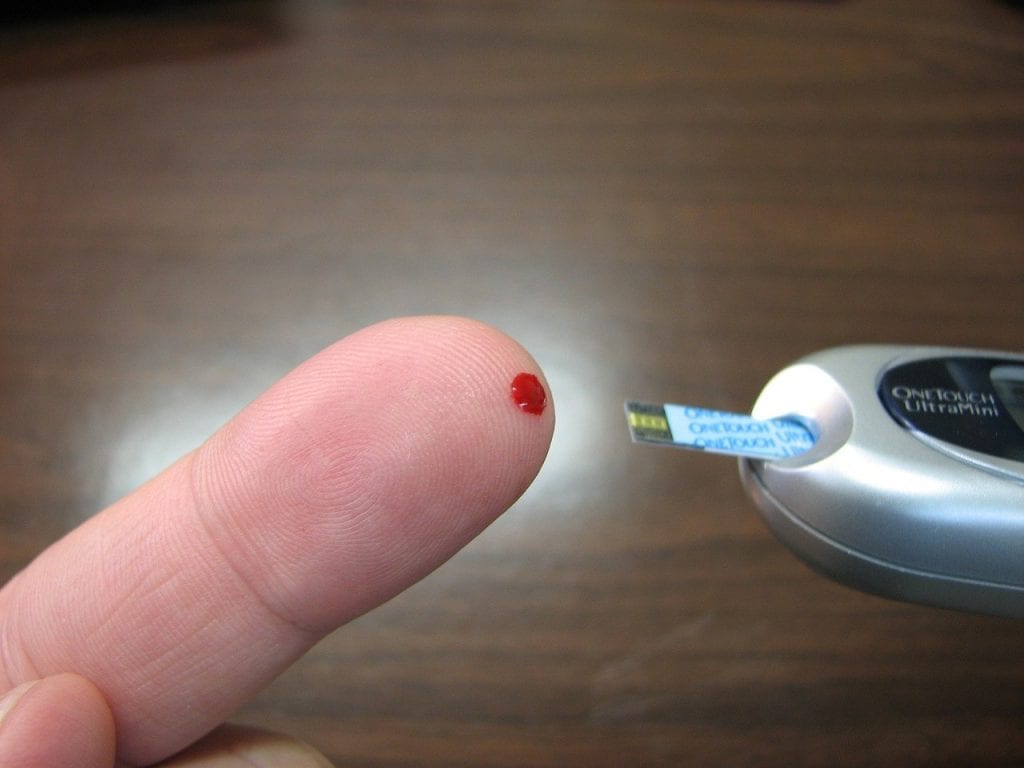Mental Health Week in Canada is every May. This is the week to acknowledge all the types of mental illness, current therapies, and treatments to allow people to succeed in conquering this illness. This year will see people with higher than ever anxiety and depression figures, according to Mental Health Research Canada (MHRC). The primary reason for this is the isolation, anxiety, and complications caused by COVID.
These factors make the life of someone with a chronic disease like Diabetes even more difficult. A person with diabetes has their own set of rules that they must live by in order to stay healthy. When their availability to the requirements of life is reduced, it causes health problems, pain, and sometimes serious complications. It could even lead to death. So, let’s take a look at the world of diabetes and how depression can strongly affect their lives.
Diabetes
Diabetes is a chronic illness. Our bodies naturally produce the hormone, “insulin”. This hormone regulates the glucose (sugar) from the foods we eat, through the bloodstream, to produce energy. The glucose is broken down in the blood, and the insulin helps the glucose get it into our cells. When we stop producing insulin effectively, it causes the glucose levels to stay too high in the blood. The inability of the pancreas to produce insulin is diabetes. This damages the body, internal organs, tissues, and nerves.
There are several types of diabetes. Type 1, is when your body produces no insulin at all. This means you must take insulin via injections. It also means you have to monitor your blood to make sure you have the correct levels of glucose in your body. To regulate your glucose during Mental Health Week and beyond, you must eat healthy foods in proper amounts. You also have to exercise and drink plenty of water. You use a blood monitor to check your blood after your meals,
Type 2, is when your body does not produce enough insulin or it cannot use the insulin you produce efficiently. Usually, type 2 diabetes can be controlled with diet, exercise, careful monitoring of your blood, and sometimes oral medication.
The key to controlling both of these most common types of diabetes is carefully monitoring your blood. You do this with a blood glucose meter.

Failure to control Diabetes
Ignoring the issue of diabetes will never work out well. Untreated diabetes damages the body, internal organs, tissues, and nerves. It can lead to serious medical issues including:
- Blindness
- Kidney failure
- Cardiovascular disease
- Lower limb amputation
- Slow-healing (and easily infected) sores
- Hardening of blood vessels
- Neuropathy
- Tooth decay and pain
Blood Glucose Meter
Industry leader Ascensia is the maker of the Contour Meter Line. Ascensia has been in the business of helping people with diabetes for over 70 years. This was before they invented the Contour meters. In the 1940s they invented a tab that could test urine in diabetics to detect the disease. In the 1950s they made the urine stick that people could use at home. They continued to create state-of-the-art equipment until they had made the portable, highly accurate, Contour meter. The most popular meter today is the Contour Next Blood Glucose Meter. Click the link for more information.
Necessities
A diabetic must have fresh and healthy foods. They must have ways to exercise, medication, and an open relationship with their doctor. What looks like a minor problem today can be a major problem tomorrow.
During COVID, diabetics were homebound. They could not shop for food. They could not go to the doctor when they saw something wrong. They had to be very careful with their supplies so they would not run out for fear of not finding more. They became isolated, afraid, and forgotten. This is justification for anyone to get depressed. Their walking groups could not meet. There was no one to talk to when things got scary. This could hurt anyone’s outlook.
Depression
Depression is a feeling of sadness, hopelessness, and lack of motivation. Depressed people sometimes sleep excessively and sometimes have trouble sleeping at all. There are changes in the diet (eating too much or not enough) Life loses its meaning, and things that use to bring you happiness and joy, no longer do,

Hope
We hope we have made the turn with COVID. At the very least we have learned to survive. Until things get back to normal, or until we create a new normal, we have to adjust a bit. Here are some tips.
- Arrange with your health care team to have virtual visits in order to address new issues.
- Keep in touch with friends and work-out buddies via phone or Facebook. Keep up with each other’s progress.
- Keep a journal so you can keep up with your progress and express your feelings
- Do short workouts with YouTube
- Consider having groceries delivered
- Allow sunshine in – open curtains
- Keep yourself on a schedule.
- Get up at the same time every day
- Go to bed every night at the bedtime
There is no doubt that it has been a tough year. But better days are ahead. Concentrate on keeping your mind sharp and focused. Depression, like diabetes, is not curable. But with a bit of effort and some professional care, it can be controlled. All signs point to a better year ahead of Mental Health Week.








